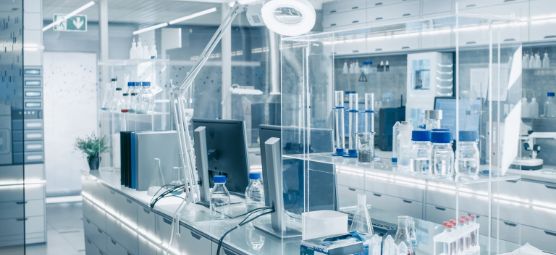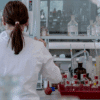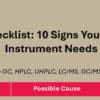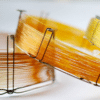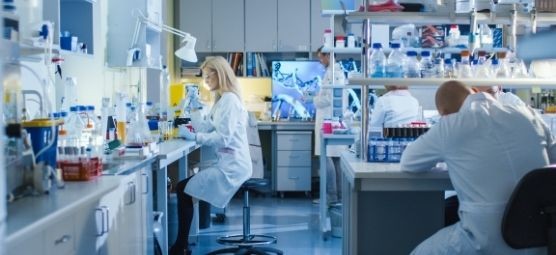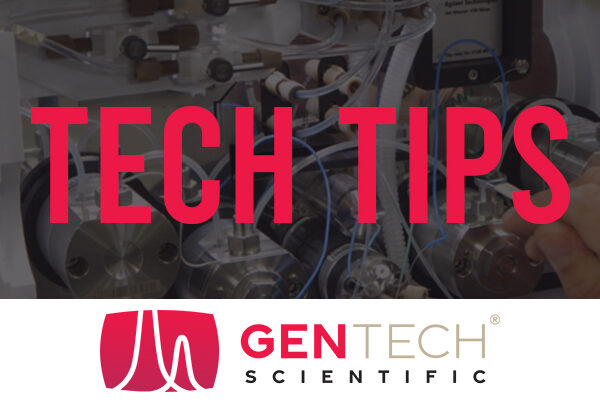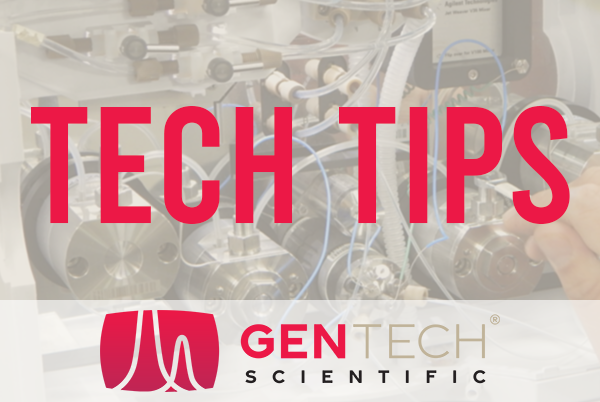Analytical instrument accuracy is essential to a functional and reliable lab. Without proper maintenance and testing, lab instruments can falter and provide inaccurate results, rendering the entire lab unreliable.
Keep your instruments sharp and precise with our tips for maintaining the accuracy of your analytical lab equipment.
Study the Manual
The first step to maintaining the accuracy and precision of your analytical lab equipment is to open the manual and start studying. The manual for equipment, new and old, holds many of the answers to questions and problems you’ll come across.
Most manufacturers make older manuals available online for free if it’s an older piece of equipment that doesn’t have the original manual anymore. At the very least, give the manual a quick skim, focusing on the parts about cleaning and maintenance.
Keep a Log
Many of the problems that come from malfunctioning equipment can be attributed to human error. A thorough and complete log of usage is tremendously helpful in pinpointing how often the equipment is used, what it was used for, and who operated the equipment.
Think of it as another way to track data to keep the lab running smoothly and efficiently.
Clean and Refurbish Frequently
Undoubtedly, the best way to ensure accurate and precise output from analytical instruments is by cleaning and refurbishing them frequently. We recommend cleaning equipment after each use, but if this isn’t practical for your lab, you should still set up a cleaning schedule and strictly follow it.
Refurbishing equipment means disassembling it piece by piece and then cleaning each component thoroughly. Make sure you got the manual nearby when it’s time to put it back together!
Calibrate Regularly
The equipment manual should be a recommended schedule for how often it should be recalibrated for maximum accuracy. Strictly adhering to that schedule is crucial for equipment to maintain precision.
Between calibrations, run tests and evaluations to ensure the equipment still works effectively. Older equipment may need calibrations more often, so don’t assume equipment is accurate until the next calibration date.
Get It Serviced
If all else fails, there’s still the option of having the equipment evaluated and repaired by a professional. Many lab equipment services, like HPLC repair companies, will review and maintain equipment and return it to you at peak precision.
If you have lab equipment that won’t cooperate or is often inaccurate, consider having it repaired or refurbished by a professional before you spring for a new instrument.

